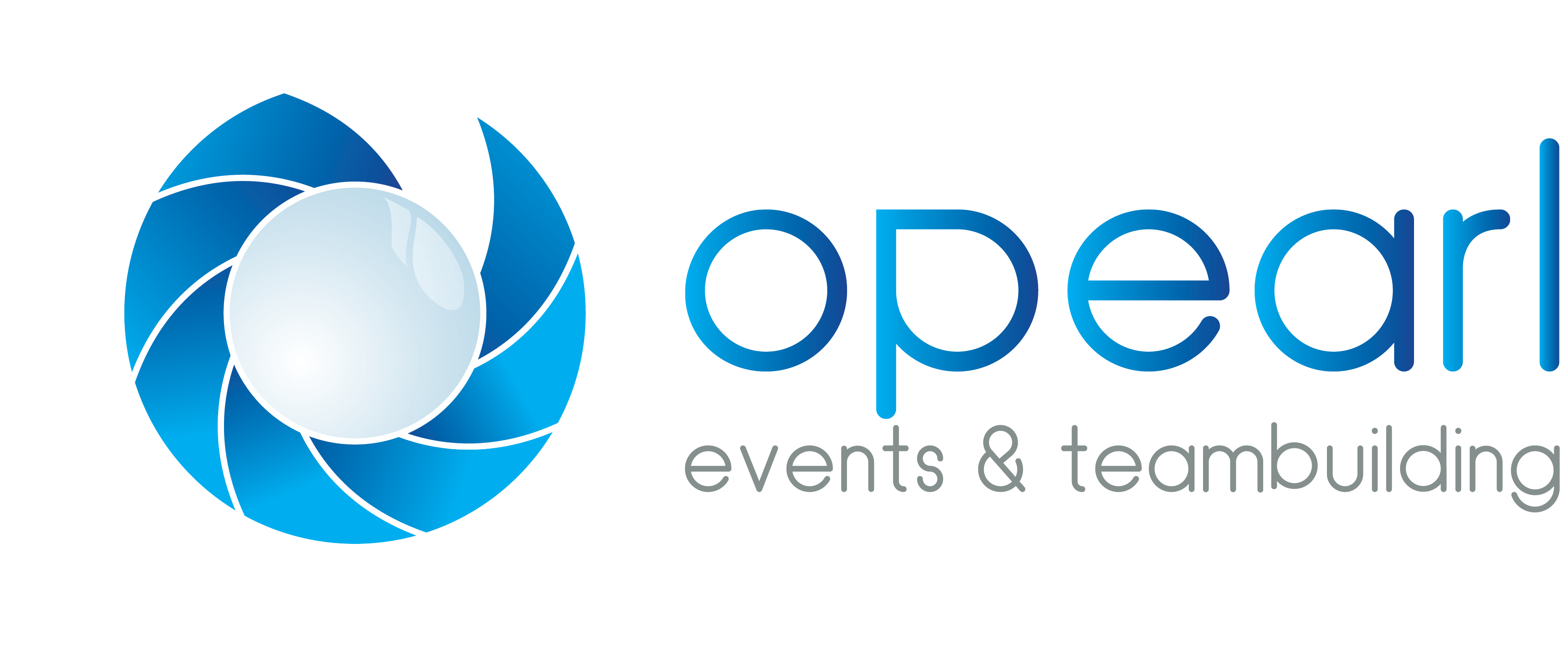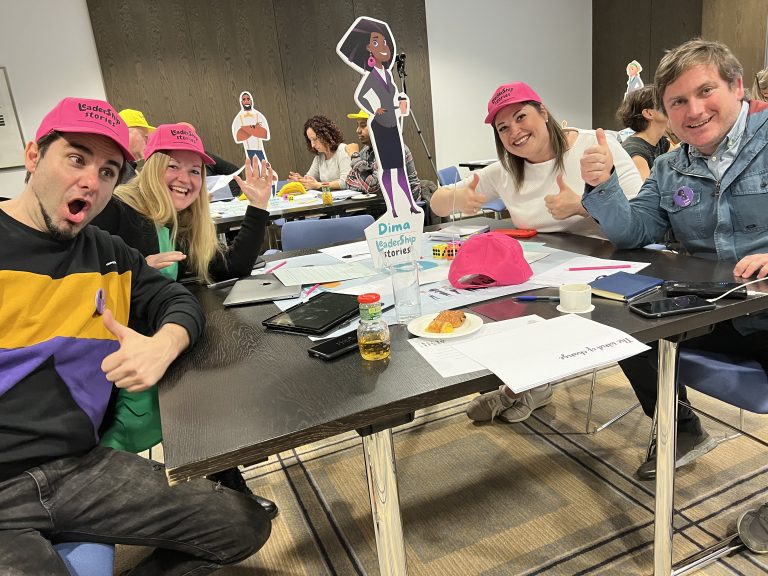Many workers approach the term “team development” with skepticism or suspicion. However, the reality is that a well-designed program can both engage and develop your workforce. Depending on the team-building activity chosen, the advantages might vary from the development of a specialized talent to basic team cohesion and togetherness.

1. Scavenger hunt Bingo
This is a tried-and-true technique to the team-building activity, and it gives you a great deal of leeway to choose the emphasis. The basic idea is to build a bingo list with various activities, then divide the players into teams and ask them to fulfill the list. In order to expedite the process, you may request that teams complete simply one line of the tasks rather than the whole grid.
Scavenger hunt bingo focuses heavily on teamwork and cohesion. However, its learning potential is enormous since you may create whatever bingo assignment you want. Create projects that emphasize chatting with strangers if you want to improve your team's capacity to interact with the public. Alternatively, if you want to emphasize teamwork and problem-solving, assign a puzzle-solving activity as one of the activities. With this team-building exercise, the sky's the limit.
2. Beat the Box
Beat the Box is an innovative team-building exercise that blends strategic thinking, time management, teamwork, and problem-solving. It not only tests a team's cohesion but also their understanding of one another's skills.
Participants are provided with a package containing four cases. Each case is filled with riddles and mysteries that must be answered in a limited amount of time in order to unlock the next case. This exercise may be competitive or cooperative, depending on how you want the team to grow, and is meant to comprehensively challenge the players, drawing upon numerous distinct talents simultaneously and imparting essential lessons.
3. Bridging the Divide
Bridging the Divide is an expansion of the traditional team-building activity that takes bridge-building to the next level. Participants are divided into teams and entrusted with constructing a segment of a bridge according to the demands of their individual clients, with limited resources and stringent deadlines. Each team assumes the position of both the client and the provider, providing an additional dimension of complexity to the work as all participants experience both sides of the transaction.
After the time restriction expires, each team combines their pieces into one full bridge, which is then evaluated using a remote-controlled vehicle. The building process requires excellent communication, cooperation, and organized planning, and the company's success is shared.
4. Global Innovation Game
Often referred to as “Shark Tank” in allusion to the American equivalent, Dragon's Den, which is based on the renowned television program. The Global Innovation Game is a team-building game in which players are challenged to generate and propose inventive new goods and ideas.
Depending on your available time and finances, the potential of this activity is enormous. Participants may be requested to create materials to support their presentation, with a focus on creativity and teamwork. Alternately, groups may be charged with developing a product that might benefit the firm as a whole, allowing you to utilize the team-building exercise as a creative brainstorming session. This activity requires extraordinary presenting and communication abilities, as well as remarkable planning, organization, and creativity in all its forms.
5. Chain Reaction Table Top
Chain Reaction Table Top blends the aesthetic pleasure of developing complex systems with a rigorous approach to design, testing, and development procedures. Participants are tasked with utilizing idea cards to construct a complex chain reaction mechanism that finally accomplishes a basic objective.
To be successful, teams must be patient and meticulous in their testing of the various systems, using one another's talents to construct the contraption based on the concepts on their idea cards. This work requires attention to detail, project management, and accuracy while uniting the team around a shared objective.






